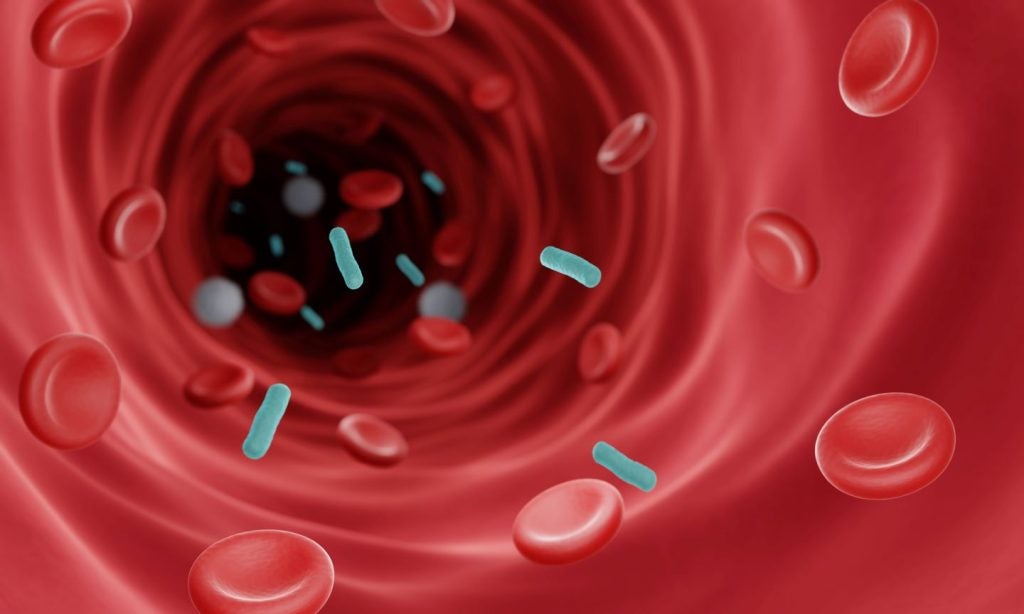Grifols subsidiary GigaGen has dosed the first subject in a Phase I clinical trial of GIGA-564, a new oncology drug candidate targeting metastatic or locally advanced solid tumours.
The trial is conducted in collaboration with the scientists at the National Institutes of Health (NIH) unit National Cancer Institute (NCI).
An open-label, non-randomised study, it aims to assess the safety and tolerability of GIGA-564 in patients with metastatic or locally advanced solid tumours.
Additionally, the study will establish the maximum tolerated dose (MTD) and recommended Phase II dose (RP2D) level(s) of the oncology drug.
A fully human monoclonal antibody, GIGA-564 is designed to minimally block CTLA-4 and selectively deplete intratumoral T regulatory cells (Tregs) in the tumour microenvironment. This approach could potentially reduce immune-related side effects and enhance the activation of cytotoxic T cells.
Existing anti-CTLA-4 drugs strongly hinder CTLA-4's interaction with its ligands to enhance T-cell co-stimulation.
Furthermore, these anti-CTLA-4 drugs were shown to lead to greater Tregs proliferation thereby reducing the anticipated effect of activating cytotoxic T cells for killing tumours.
In March 2021, Grifols acquired the remaining 56% stake in GigaGen for $80m, fully integrating the biotech firm into its operations.
Subsequently, GigaGen secured a contract with the US Department of Defense’s Joint Program Executive Office for Chemical, Biological, Radiological and Nuclear Defense (JPEO-CBRND) in September 2022.
This contract was aimed at demonstrating the capabilities of GigaGen's recombinant human polyclonal antibody discovery platform against biological threats identified by the DOD.
GigaGen head and Grifols senior vice-president Carter Keller said: “The initiation of this Phase I trial with GIGA-564 marks a significant milestone as it is GigaGen’s first oncology asset to enter the clinic.
“We look forward to potentially translating the superior anti-tumour performance and reduced immune-related toxicity observed with GIGA-564 in pre-clinical studies into the clinical setting. There is a pressing need for innovative therapies for solid tumours and we believe GIGA-564 has the potential to improve outcomes for patients.”
















